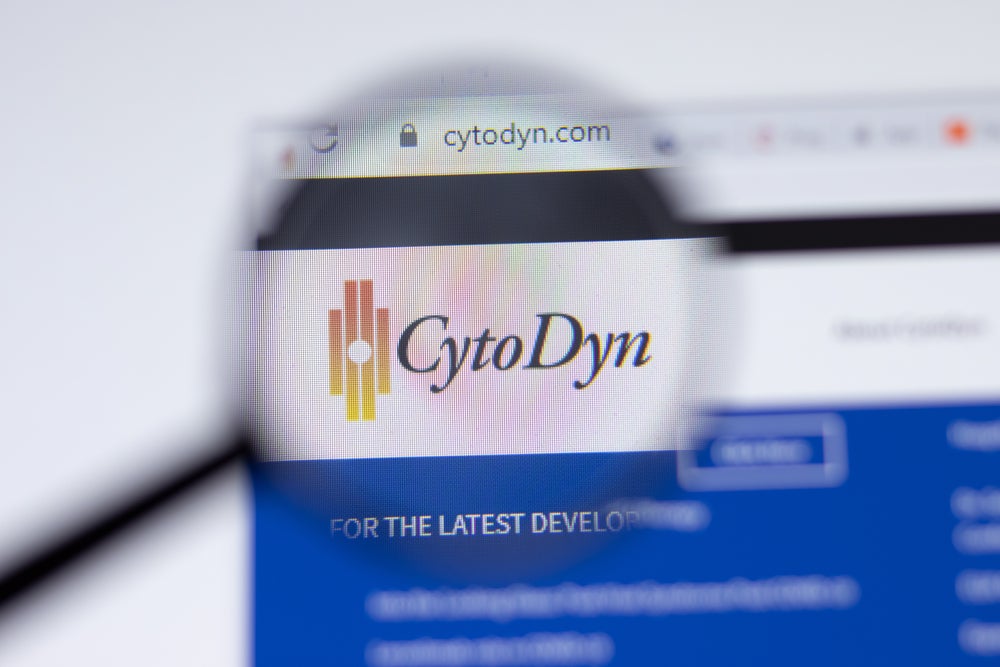
Impact on CytoDyn’s Clinical Development Strategy
Need to know:
GlobalData’s Investigative News team reviews data generated by an in-house model that combines machine learning and its proprietary algorithm. Likelihood of Approval (LoA) provides the probability of a drug in securing market authorization; Phase Transition Success Rate (PTSR) indicates the probability of a drug advancing to the next stage of development. The model uses data points from individual drugs, clinical trials, regulatory milestones, company, and financial databases.

Discover B2B Marketing That Performs
Combine business intelligence and editorial excellence to reach engaged professionals across 36 leading media platforms.
Click here for last week’s edition
Leronlimab solid tumour trial completed
CytoDyn’s leronlimab for CCR5+ locally advanced or metastatic solid tumours saw its PTSR increase in multiple cancer indications after its Phase II basket trial completed. The trial looked at 22 cancer types, and the largest PTSR changes occurred in glioblastoma multiforme (GBM), throat cancer, and bladder cancer. The PTSR leapt nine points to 32% in GBM, and four points to 37% in both throat and bladder cancer.
The 30-patient basket trial (NCT04504942) was announced as completed in a 24 November company press release, and the PTSR change occurred 26 November. As primary endpoints, the study looked at adverse events, abnormal laboratory test results, and changes in Eastern Cooperative Oncology Group (ECOG) performance status. Secondary endpoints include progression-free survival (PFS) and overall response rate (ORR). Leronlimab is a CCR5 antagonist with antitumour effects.
The completed trial also resulted in some modest increases to the drug’s LoA. In GBM, the LoA rose one point to 9%, and in throat cancer, the LoA rose one point to 15%. There was no score change in bladder cancer, which remains at 5%.

US Tariffs are shifting - will you react or anticipate?
Don’t let policy changes catch you off guard. Stay proactive with real-time data and expert analysis.
By GlobalDataDermBiont completes fungal infection study
DermBiont’s DBI-002 saw its PTSR in tinea versicolor jump after the completion of the Phase II study. The PTSR grew by nine points to 19%. The 34-subject triple-masked study (NCT04937920) had its status changed to “completed” in a 29 November update on ClinicalTrials.gov. GlobalData had its latest update on 30 November.
The study sought to examine the safety and antimicrobial efficacy of DBI-002 in subjects suffering from tinea versicolor. Tinea versicolor, also known as pityriasis versicolor, is a skin condition frequently caused by the fungus Malassezia globosa and is grouped with other superficial fungal skin infections known as cutaneous mycoses.
The study examined the number of participants with treatment-related adverse events over a 14-day timeframe as one of its primary outcomes. The study also investigated the proportion of participants with a decrease in the signs of tinea versicolor in lesions treated with the DBI-002 probiotic gel versus those treated with a placebo aqueous gel over a 14-day timeframe as one of its secondary outcomes.
DBI-002’s LoA in tinea versicolor grew by one point to 1% after the study’s completion.





